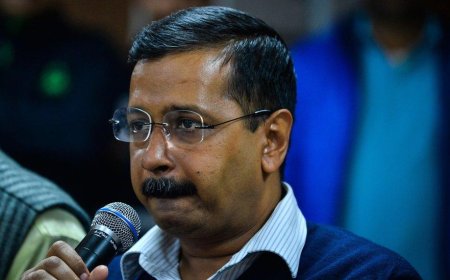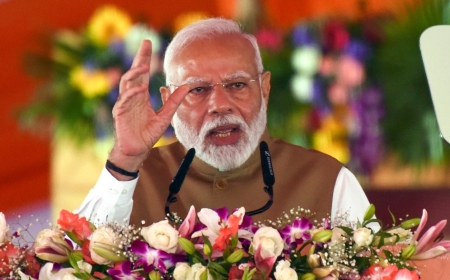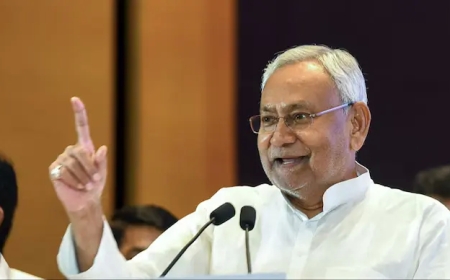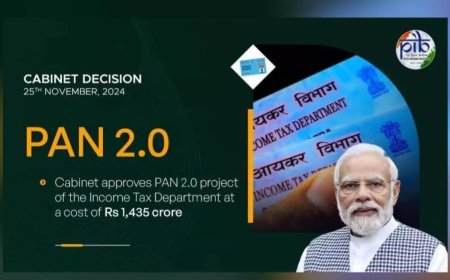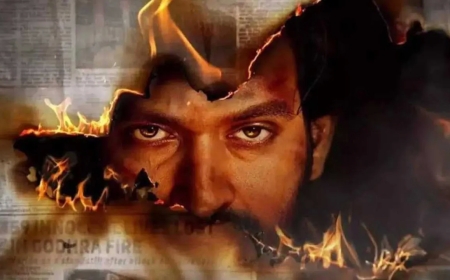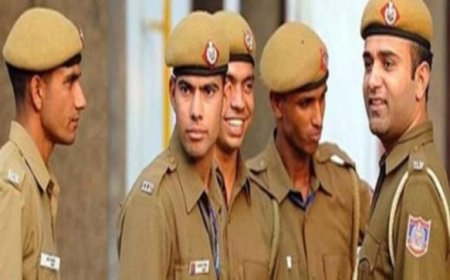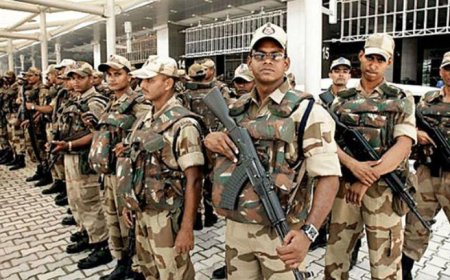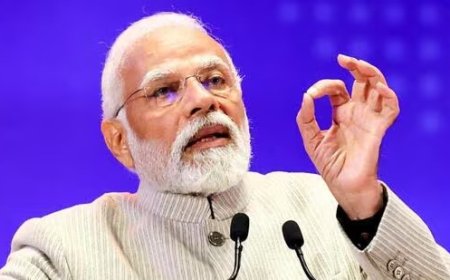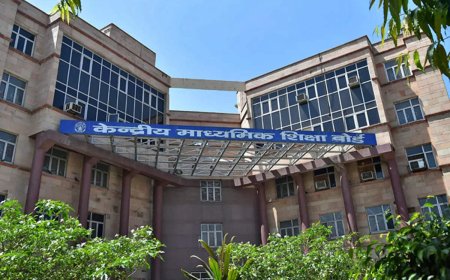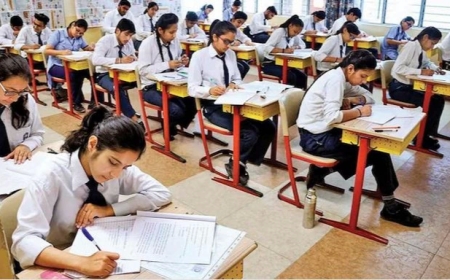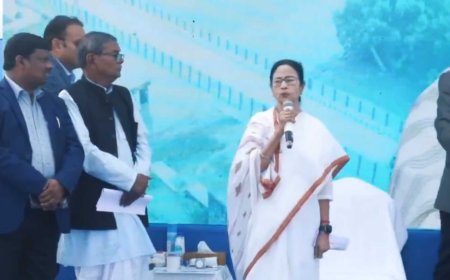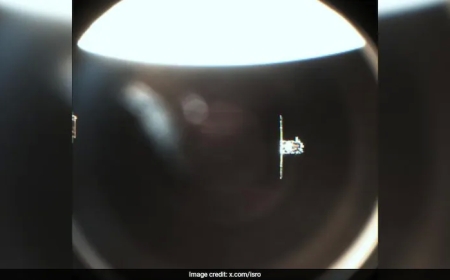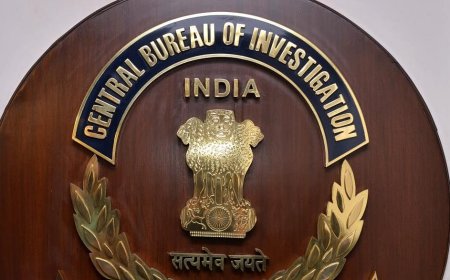Amit Shah announces inclusion of death penalty for mob lynching in new criminal law
Big strides in India's legal landscape! Explore the impact of three new criminal law bills, featuring the death penalty for mob lynching and the historic abolition of the sedition law. Amit Shah unveils a justice-centric approach, police accountability, and more.
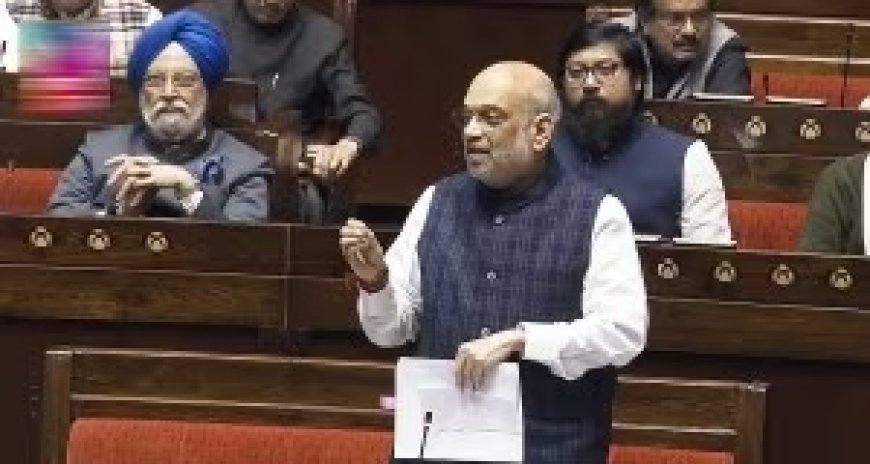
In a significant development during the Lok Sabha session, Union Home Minister Amit Shah announced the passage of three new criminal law bills. Notably, one of the key provisions in these bills includes the imposition of the death penalty for the crime of mob lynching. The bills, namely the Bharatiya Nyaya Sanhita Bill, 2023, the Bharatiya Nagarik Suraksha Sanhita Bill, 2023, and the Bharatiya Sakshya Bill, 2023, were initially introduced in the Monsoon Session and were successfully passed in the Lok Sabha today.
A major highlight of Shah's announcement was the decision to abolish the sedition law, a colonial-era legislation historically used to suppress Indian freedom fighters. Shah emphasized that this move is a departure from a law that has been in place since British rule, and the government aims to replace it with more contemporary legal frameworks.
The proposed Bharatiya Nyaya Sanhita aims to shift the focus from punishment to justice, marking a significant departure from traditional legal approaches. Shah outlined key changes in the laws, emphasizing the introduction of measures to strengthen police accountability. Notable among these is the requirement for detailed records of arrested individuals at every police station, overseen by a designated police officer.
The gender-neutral approach to trafficking laws and automatic application of Protection of Children from Sexual Offences (POCSO) equivalent provisions for rape cases involving girls under 18 years were also highlighted by the Home Minister.
Another pivotal aspect of the proposed laws is the introduction of a formal definition of terrorism, a notable absence in existing legislation. Shah stressed the importance of this definition to prevent any exploitation of the lack of clarity on terrorism-related matters.
In addressing hit-and-run cases, Shah explained the redefined criteria for accidental deaths and deaths due to negligence. The severity of punishment will now depend on whether the driver promptly takes the victim to the hospital or if it is deemed a hit-and-run incident.
To expedite legal proceedings, the proposed laws stipulate a timeline for the accused to file a plea for acquittal, with the requirement for a hearing within seven days. Furthermore, Shah highlighted that the entire trial process should conclude within a maximum of 120 days.
These developments mark a comprehensive overhaul of India's criminal laws, incorporating contemporary considerations and emphasizing justice, accountability, and timeliness in legal proceedings.
What's Your Reaction?
 Like
1
Like
1
 Dislike
0
Dislike
0
 Love
0
Love
0
 Funny
0
Funny
0
 Angry
0
Angry
0
 Sad
0
Sad
0
 Wow
0
Wow
0

